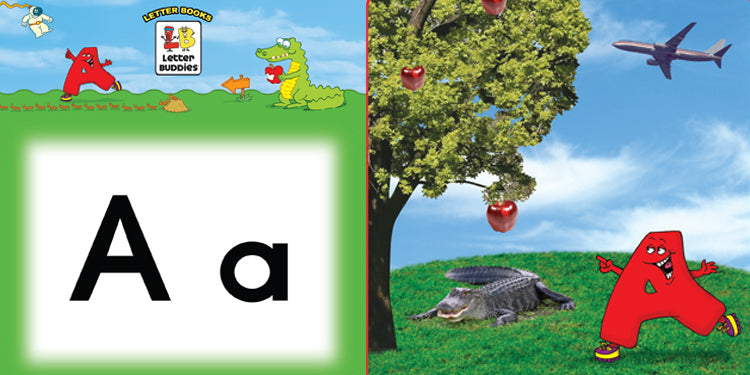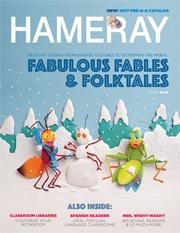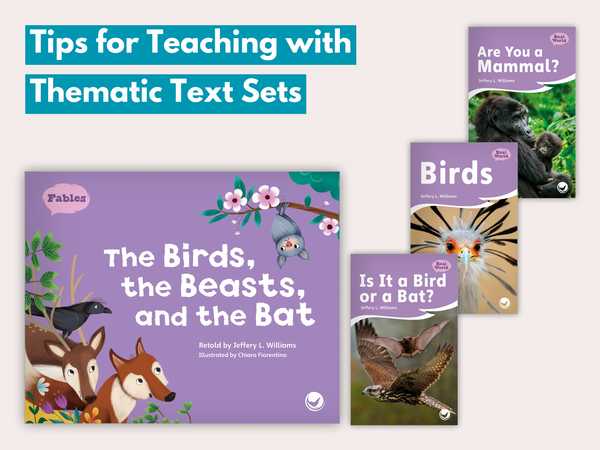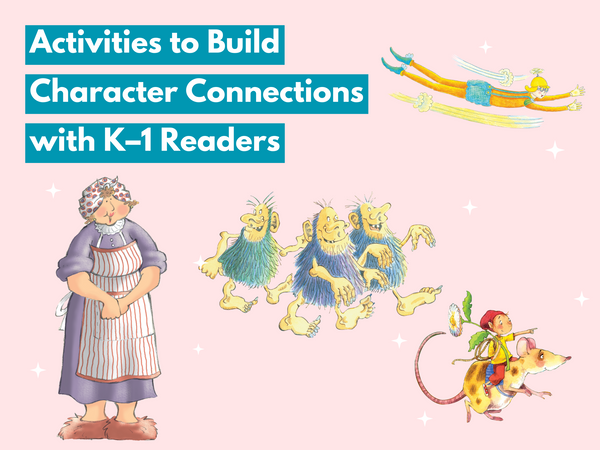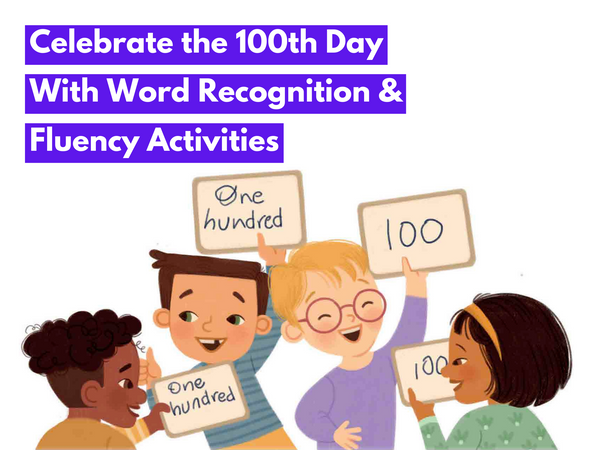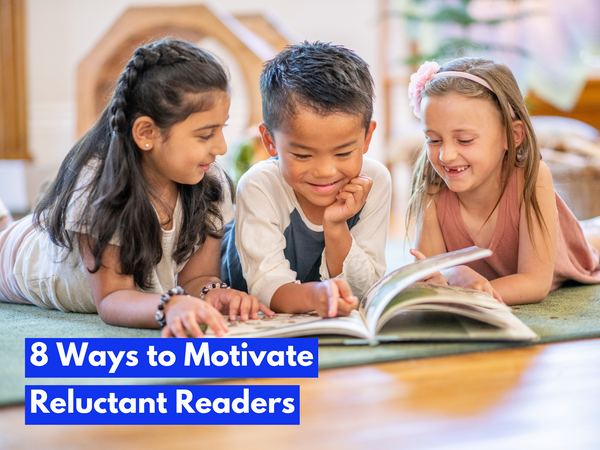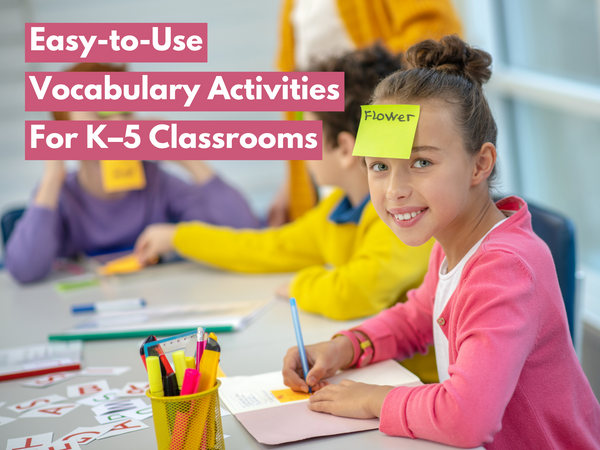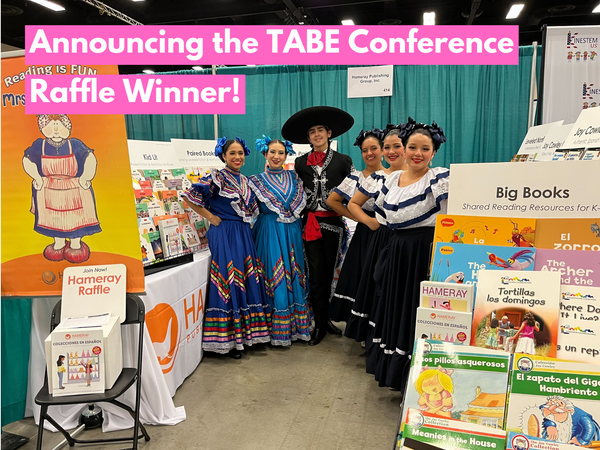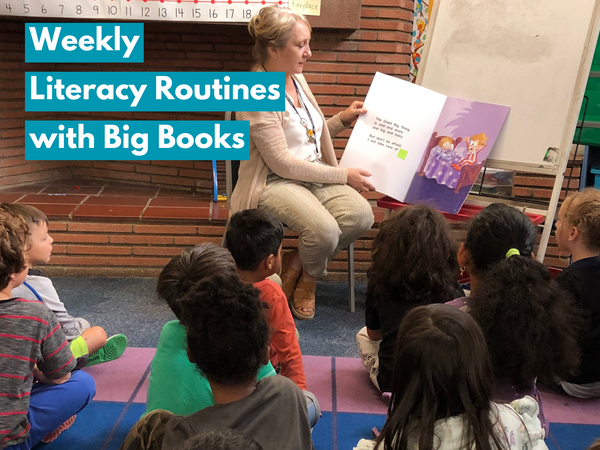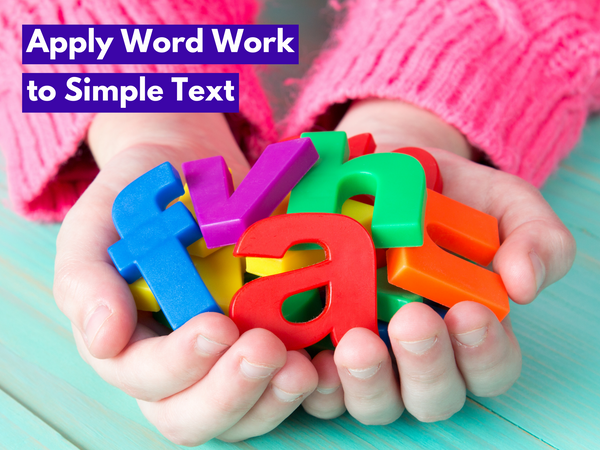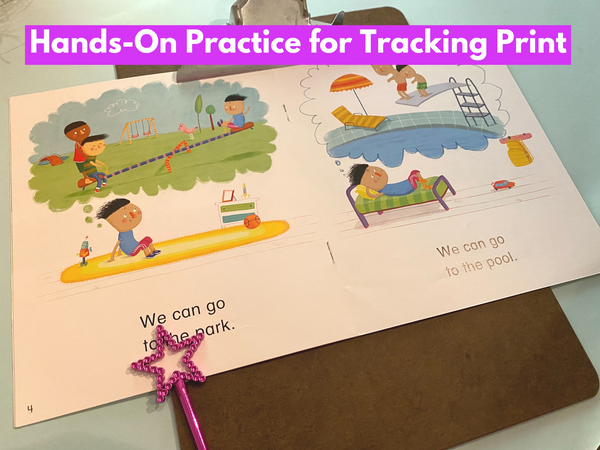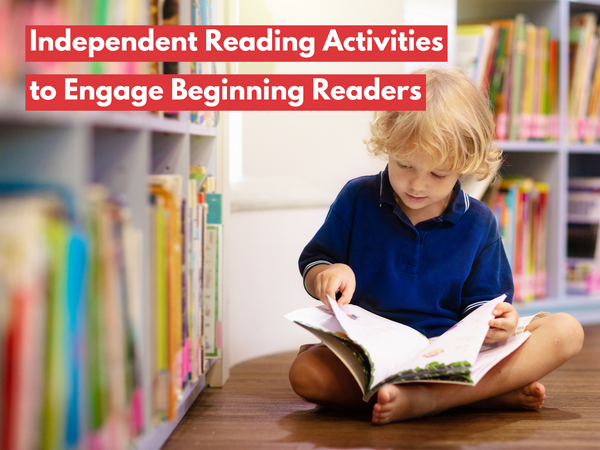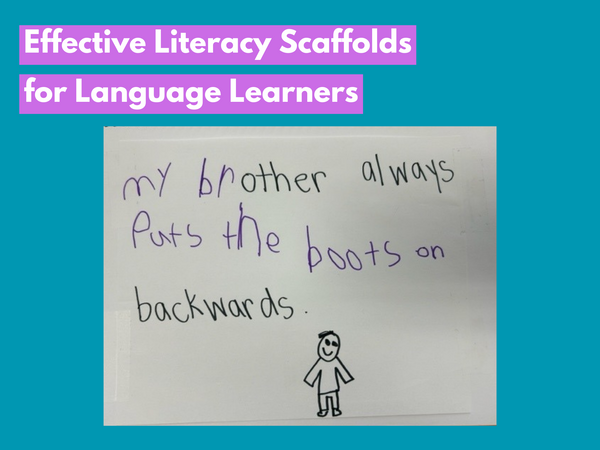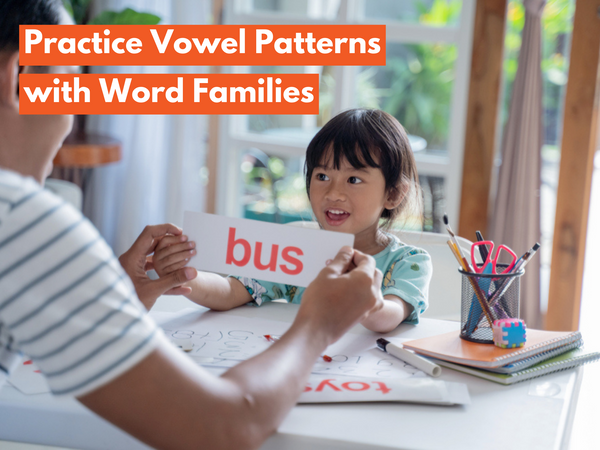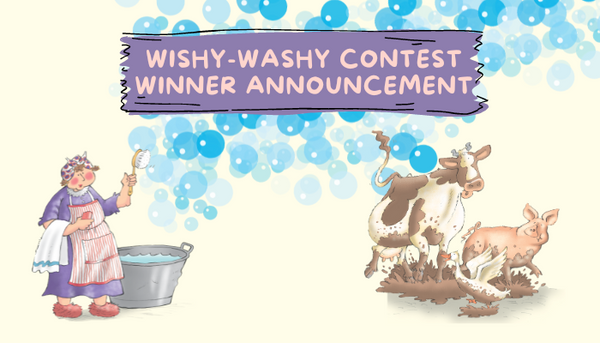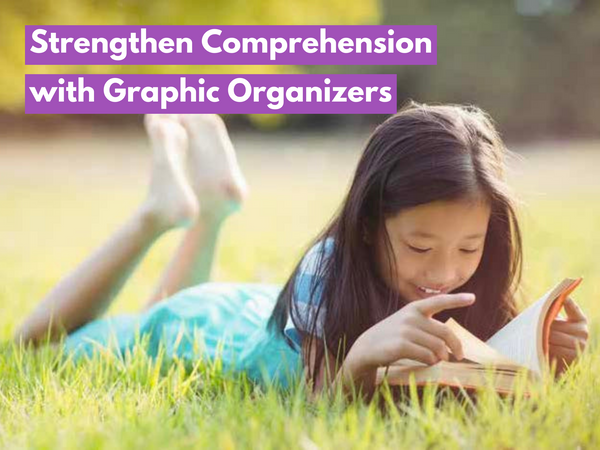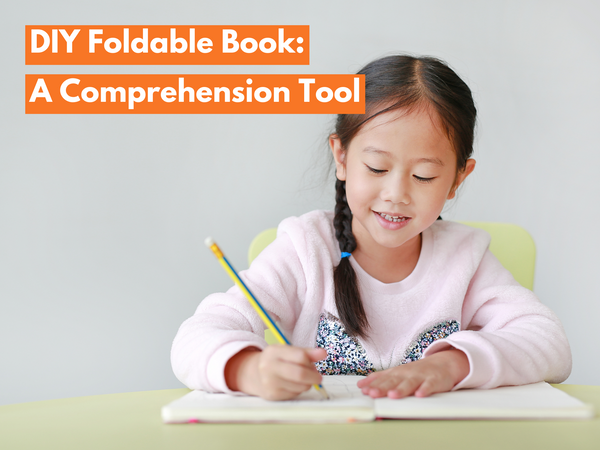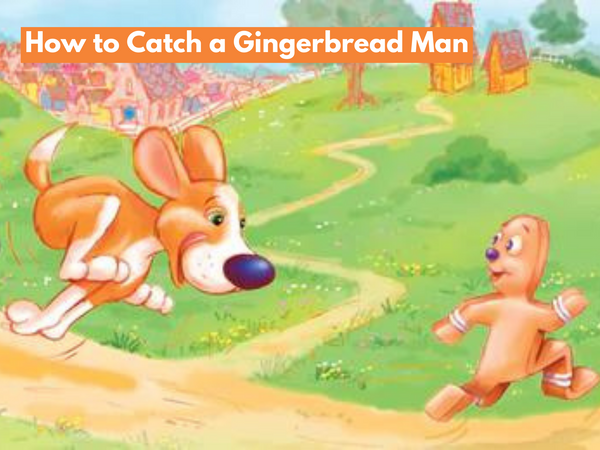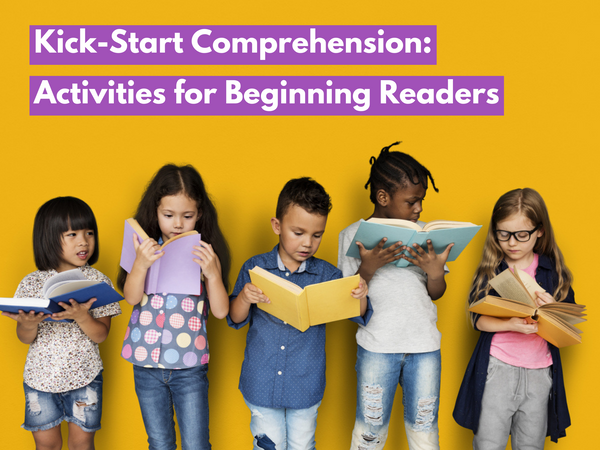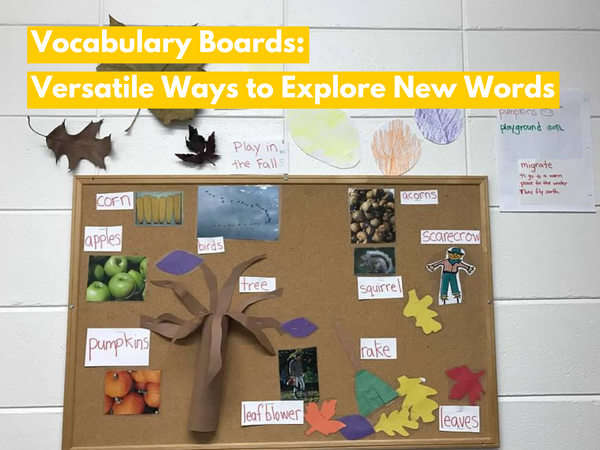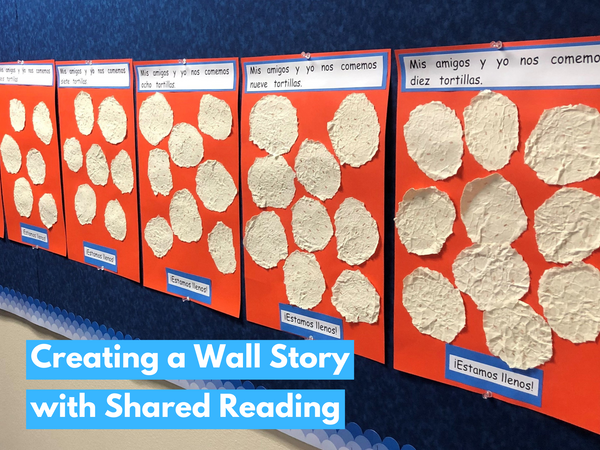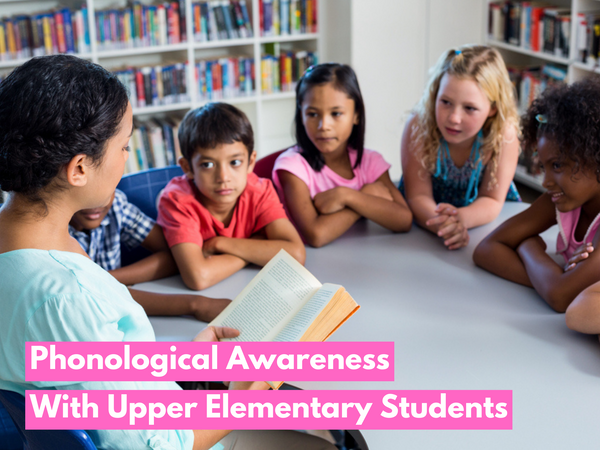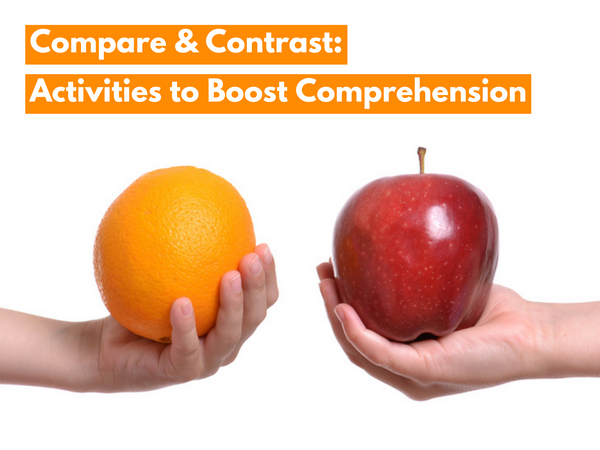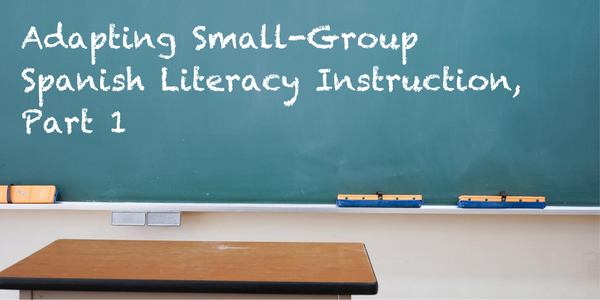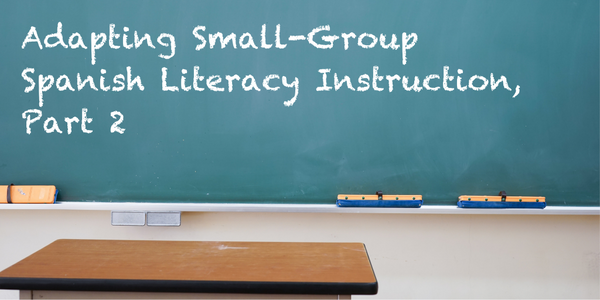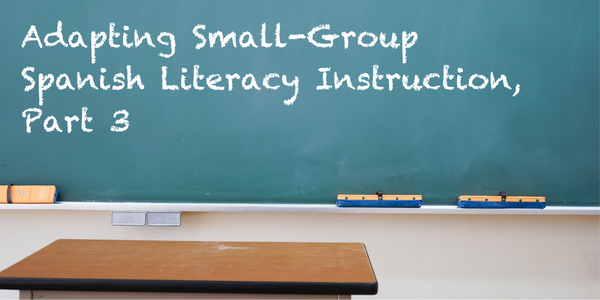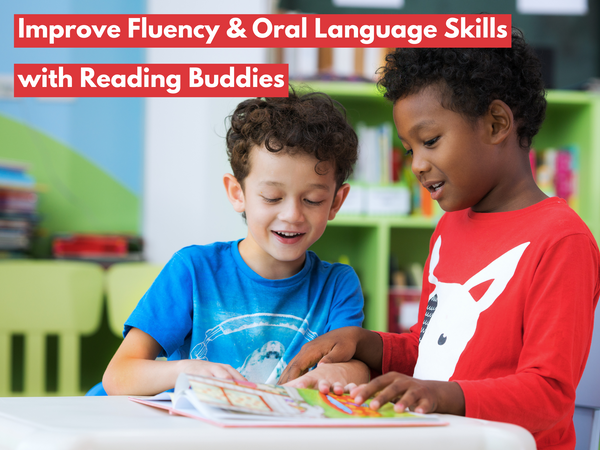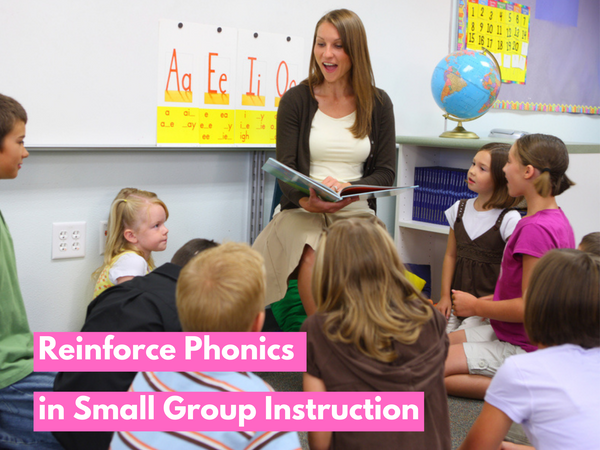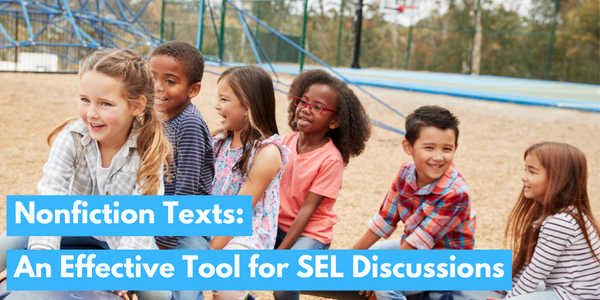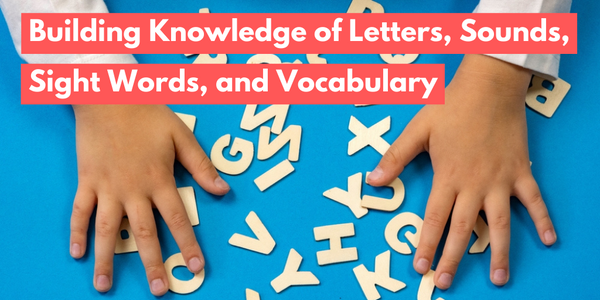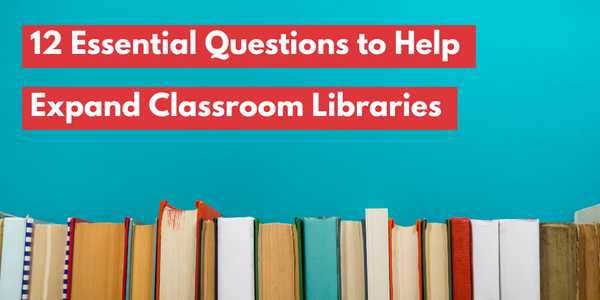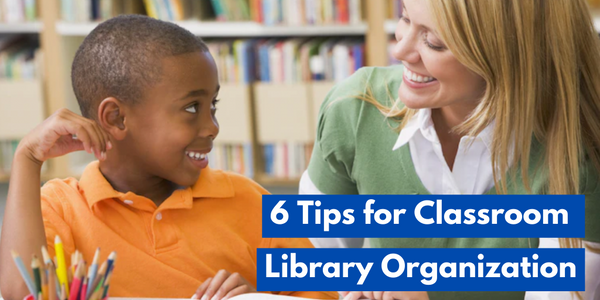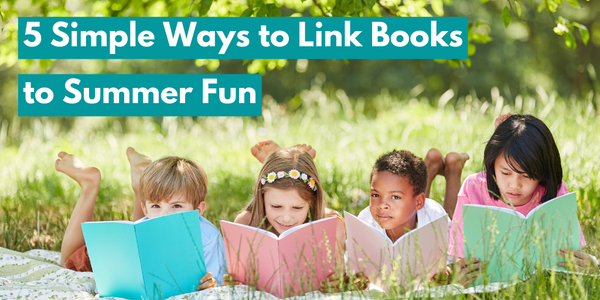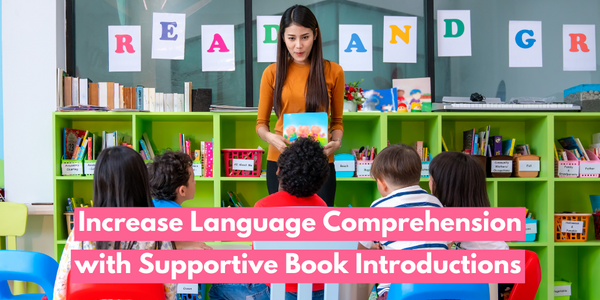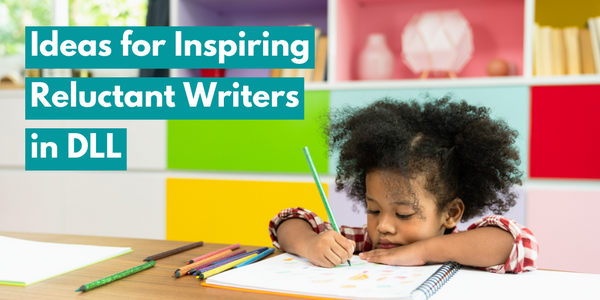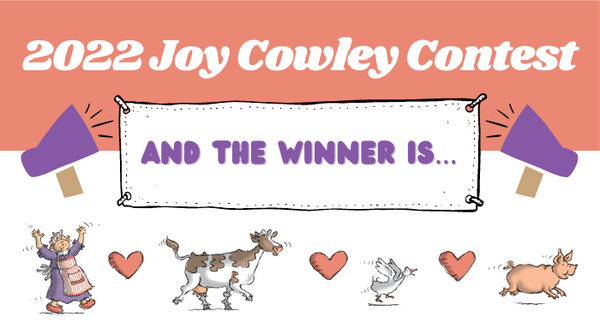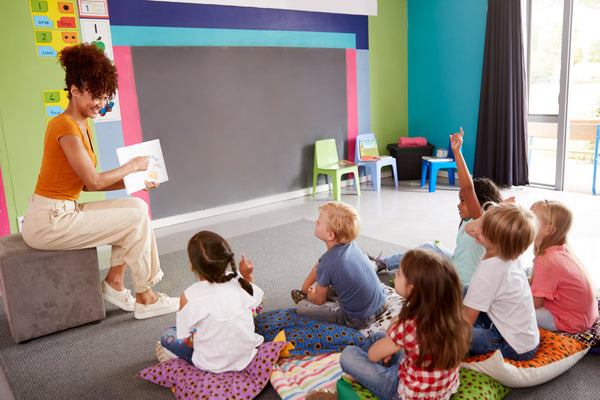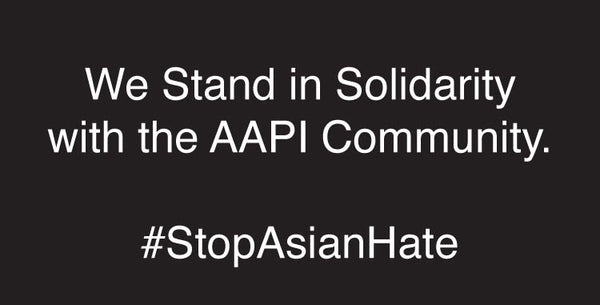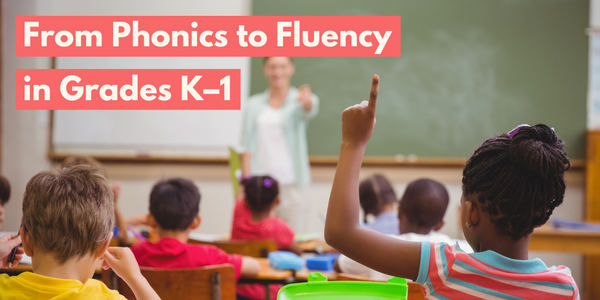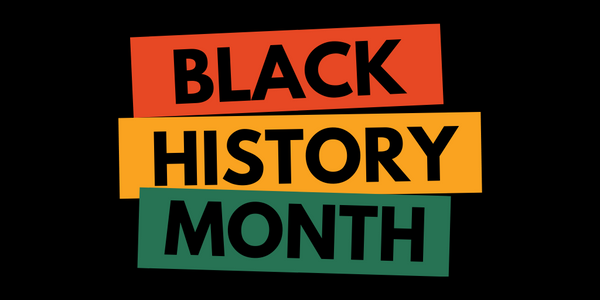A blend is a consonant cluster—a combination of two (sometimes three) letters that blend together to make a common sound, such as the sound "bl" in the word "blue." Which letters are "allowed" to blend varies by language; in English, for example, we do not blend "hr" or "ts" at the beginnings of words, but those blends are used in other languages. Blends are usually taught after students have learned the sounds of all of the consonants and the short vowels, but before long vowels.
Letter Buddies Blends Books teach children the next level of letter exploration . Once students grasp the sound that each individual letter makes, they are ready to explore how multiple letters sound blended together. A critical part of literacy learning is related to phonemic awareness. Just as children learn how to “hear” the first sound in a word using the Letter Books , the Blends Books will help them to distinguish 22 foundational beginning blends.
Working with the Blends Books

Your focus with these books is to
draw children’s attention
to the sound that consonants make when they are clustered together at the beginning of the word. You can use a modified version of the lesson shared yesterday for the Letter Buddies Letter Books to help young children understand this concept. It is important to link this new learning to the student’s knowledge of how they heard initial sounds in the Letter Books. For example,
- “You know how to listen for the first sound in a word. Sometimes you will see two consonants at the beginning of a word. These are called blends. You can hear each sound in the blend as you say it.”
- “This is the Blends Book.” (Start with a conversation about the two letters that go together, then continue through the book.)
- “This word says ______. Can you say ______?” (Point to the word as you say it.)
- “What are the two consonants that go together at the beginning of _______?”
- “Can you say the sound the two letters make at the beginning of ______?”
- Continue this procedure for each of the six pictures in the Blends Book.
Below is a flipbook that allows you to check out a sample Blends book and see how you might be able to adapt the lesson to fit whatever similar content you may have on-hand.
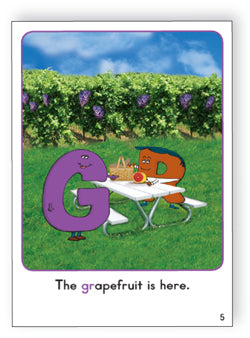
The
Letter Buddies Best Friends
are designed to accompany the
Letter Buddies Blends
Books
. Similar to the
Letter Books
and
Starters
companion products, the same vocabulary words introduced in the
Blends Books
are now placed within the context of easy-to-read sentences with sight-word rich vocabulary in the
Best Friends
series. These books provide young readers with opportunities to continue developing early reading behaviors while reinforcing the vocabulary and letter skills learned with the
Blends Books
.
Working with the Best Friends
The Best Friends can be introduced in a similar fashion with a focus on developing strategic reading behaviors . Below are some other points to think about while working with the Best Friends in a group setting. When introducing a book, have the companion Blends book available.
- Make sure to direct the children to the highlighted blends on each page and reinforce checking the picture with those highlighted letters to predict the correct word. Have the children practice hearing and saying the sentence stem (I like..., See the...)
- Have the children locate high frequency vocabulary words.
- Make a chart of which letters become “best friends” as you introduce the books.
- Develop charts of words for each of the introduced blends that can later be used as a reference when children practice writing.
The Best Friends series can also be placed in your Literacy centers. The activity page at the end of each book is similar to the one in the Starters and can be completed independently. Encourage your students to pair up and read the books to each other, reinforcing fluent reading skills.
A foundation in segmenting words with blends and the engaging nature of work that children do with the Blends and Best Friends will ensure children’s success in reading and writing words.
This is the second installment of our three-part series on teaching letters and sounds to emerging readers. Check out yesterday's post and come back tomorrow for more ideas! If you'd like to learn more about our early literacy products, you can receive a copy of our catalog and you can download a prodcut overview of the Blends and Best Friends Series by clicking the images below.
- Tara Rodriquez



